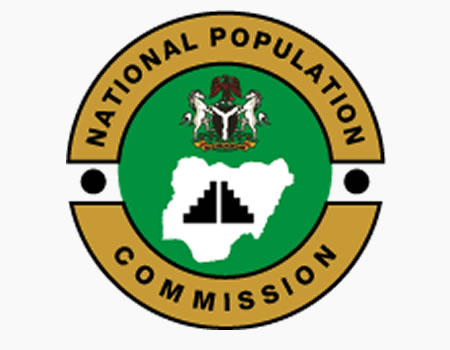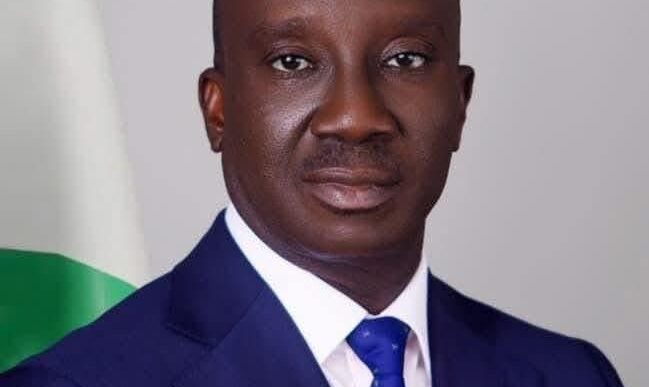The Acting Chairman of the National Population Commission (NPC), Muhammad Dattijo Usman, says Nigeria’s outdated population data is weakening national planning, distorting resource allocation, and limiting the effective delivery of essential services.
Gatekeepers News reports that speaking in Abuja at the commemoration of the sixth anniversary of the Nairobi Summit on ICPD+25, Usman warned that Nigeria urgently needs modern, credible, and comprehensive census data, noting that the last census was conducted nearly two decades ago.
He said the NPC remains committed to producing a digital, inclusive, and credible census that ensures every individual is counted and properly reflected in national development planning.
According to him, Nigeria is at a critical demographic turning point, with its rapidly growing population shaped by a youthful demographic structure and persistent gaps in access to health, education, and economic opportunities.
“Nearly 70 percent of our citizens are under the age of 30,” he said. “This represents one of the greatest demographic opportunities in the world if the government invests decisively in the well-being, education, and empowerment of young people.”
Usman stressed that young people must play a central role in shaping policies that determine their future, while women must have access to healthcare, education, and protections that guarantee healthy, empowered lives.
Addressing persistent maternal health challenges, he said:
“Too many women continue to lose their lives to causes that can and should be prevented. Gender-based violence remains a painful reality for women and girls across many communities, and our women and girls still encounter obstacles in accessing voluntary family planning services.”
He emphasised that commitments alone are insufficient without accountability, coordinated action, and reliable evidence. With support from the UNFPA, the commission has developed a Monitoring and Evaluation Framework for the National Action Plan on Nigeria’s ICPD25 commitments, which he described as “the accountability foundation” for tracking progress and ensuring no promise goes unfulfilled.
Usman also underscored the need to prioritise marginalised groups.
“Marginalised communities, those in remote areas, hard-to-reach populations, persons with disabilities, and people affected by humanitarian crises must not be left behind,” he said. “Our country’s ability to achieve a demographic dividend depends entirely on how we invest in these populations today.”
He added that development must remain people-centred, rights-based, and evidence-driven, as Nigeria seeks to build a future “where every woman survives childbirth, where every person can make informed choices about their health and family, and where every girl grows up free from violence and harmful practices.”
Also speaking at the event, the Special Adviser to the President on Health, Dr Salma Ibrahim Anas, called for renewed commitment to Nigeria’s ICPD25 goals of achieving zero preventable maternal deaths, zero unmet need for family planning, and zero gender-based violence and harmful practices. She lamented the persistently high maternal mortality rates and low uptake of family planning nationwide.
UNFPA Nigeria Deputy Representative, Mr Koessan Kuawu, said Nigeria’s ICPD commitments remain as urgent as ever, noting that without a reliable national census, the country cannot fully plan or respond to the needs of its people. He commended the Federal Government and NPC for strengthening maternal health systems, investing in data, advancing gender equality, and promoting youth leadership.











